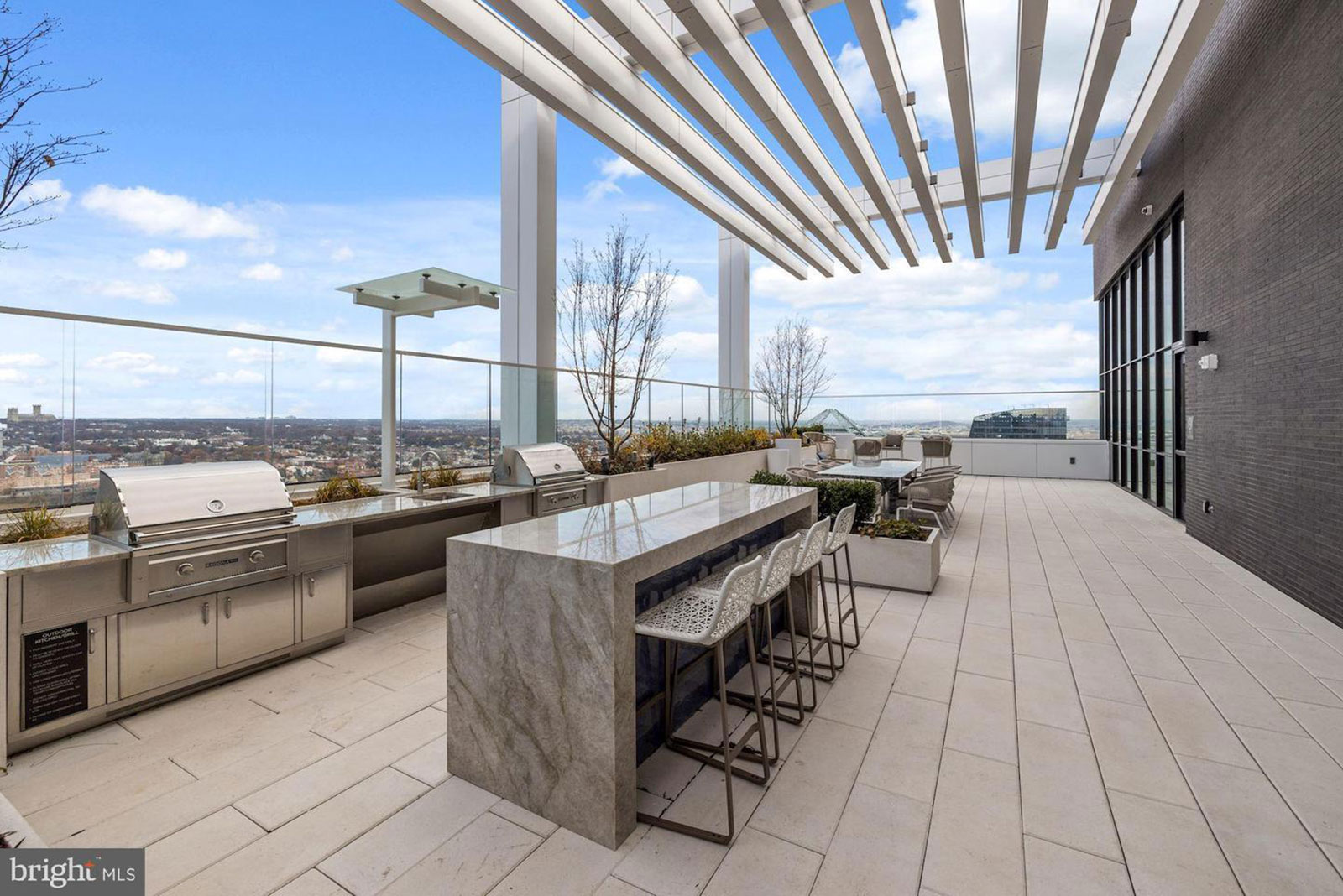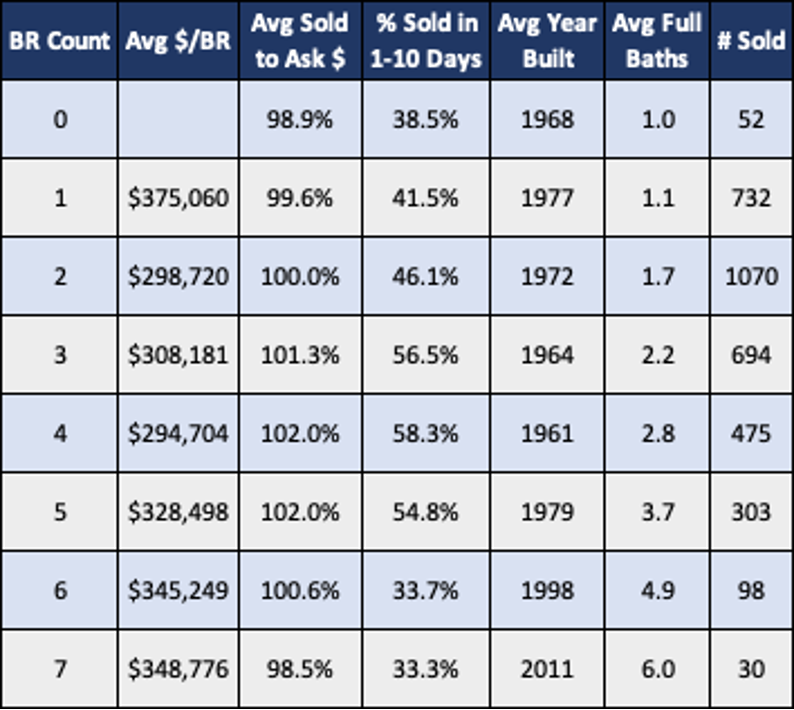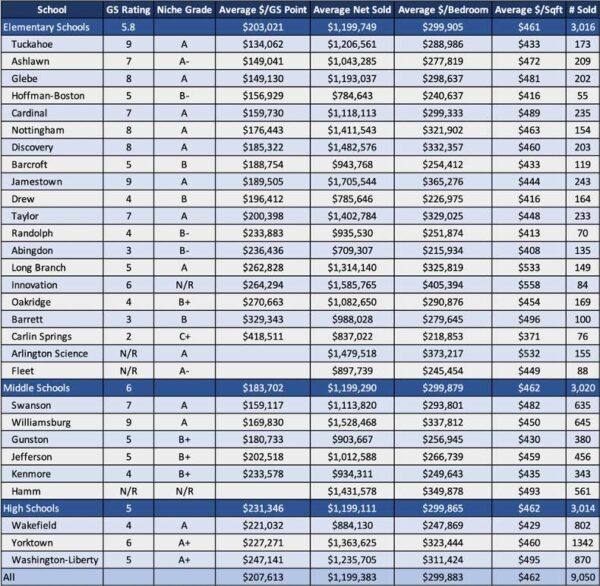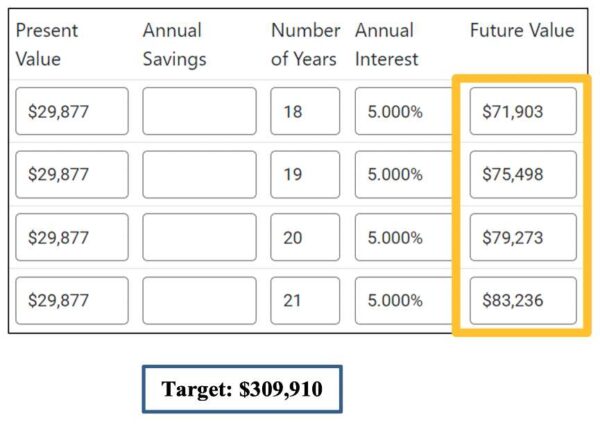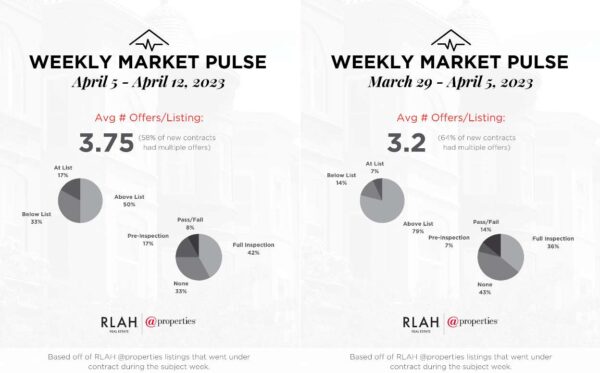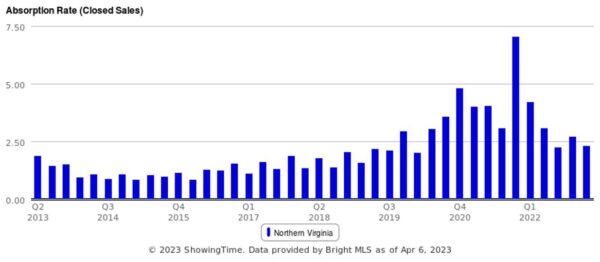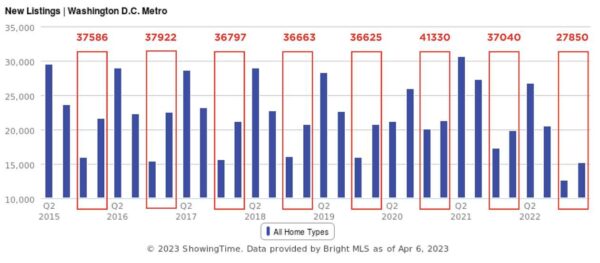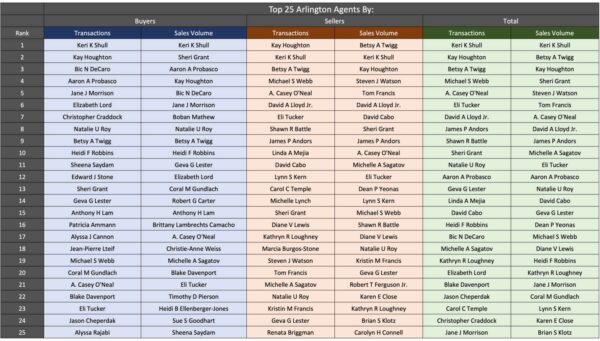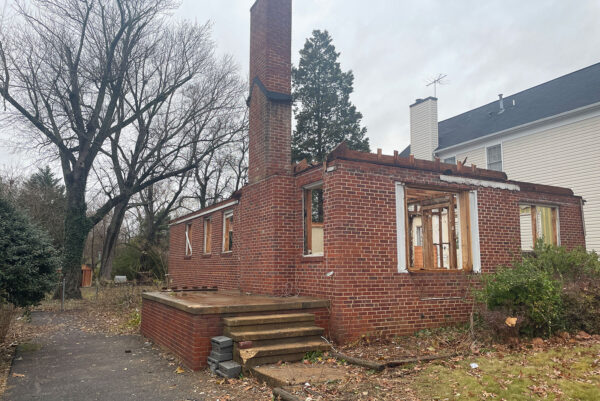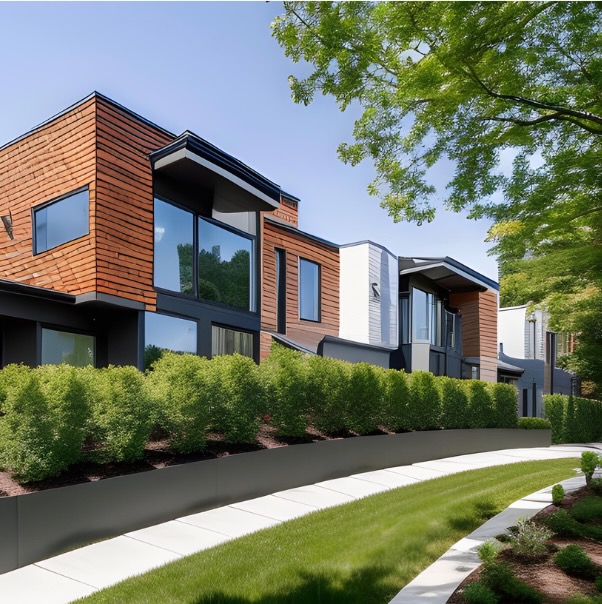This regularly scheduled sponsored Q&A column is written by Eli Tucker, Arlington-based Realtor and Arlington resident. Please submit your questions to him via email for response in future columns. Video summaries of some articles can be found on YouTube on the Eli Residential channel. Enjoy!
Question: How are sales going at Pierce condos in Rosslyn?
Answer: The Pierce condos are one of three new buildings in Rosslyn’s luxury Highlands development (the other two buildings are rental apartments) with prices that rival the most expensive buildings in the D.C. Metro and far outpace other Arlington buildings on a price-per-square-foot basis, which I detailed in this 2019 column.
Building Overview
Penzance (developer) and The Mayhood Company (sales) began pre-selling the 104 units just before the pandemic hit. Sales in the building have captured the attention of many Arlingtonians and the real estate community because of the building’s prominent position in the Rosslyn skyline, record setting price-per-square-foot, and shifts in condo demand for a couple years following COVID lockdowns.
The Mayhood Company, who also handled sales at Turnberry Tower, Rosslyn’s other luxury condo building, played an active role in designing Pierce condos and conceived it as “Turnberry Gen 2” with the application of lessons learned from their time selling those units.
Prices ranged from roughly $950,000-$4,000,000+ with the average unit going for about $1,750,000 for approximately 1,700 SqFt of living space. Currently, units in the building range in price from ~$1,800,000-$2,600,000 and in size from ~2,000-2,400 SqFt. The bulk of the building has sold for $1.5M-$2.4M.
Pierce was completed and ready for move-ins by the fall of 2021.
I caught up with the Mayhood sales team to get a sense of how sales have gone through the lockdowns, during the post-lockdown flight from condos, and the return to more normal buying habits over the past 12-18 months.
Pre-Sales/Pre-Pandemic
Sales jumped out to a great start prior to the pandemic, with about 10 contracts right out of the gate. As expected, many of these sales were to buyers targeting premium views — the building has quite a few upper-level units with unobstructed (and nearly impossible to be obstructed in the future) views of D.C. and the Potomac. The other non-view sales were units on lower floors with the lowest price-per-square-foot.
Many of these early buyers were downsizing from larger single-family homes, which is/was expected to be the most common buyer profile for the building.
COVID Lockdown, Sales Lockdown
The sales office shut down due to COVID lockdowns in March 2020 and sales were frozen until August 2020, when they began taking calls and doing virtual sales. There was zero activity from mid-March until August/September, but they still finished 2020 with 15 total contracts.
Vaccines Led to More Activity
The building had about one contract per month from August 2020 through May 2021, but once vaccines became more broadly available and life started opening back up around June 2021, activity picked up significantly, resulting in 8 contracts in June 2021 and about 3-4 contracts per month through the end of 2021. Also, by June of 2021, the construction had progressed to allow prospective buyers to take hard hat tours and see the finishes and views in person, as opposed to renderings, which is always going to boost interest and sales. There were 28 contracts written in 2021.
From late summer 2020 through early summer 2021, the buyer profile shifted from those downsizing from larger single-family homes to buyers who were already living in condos/apartments and looking to upgrade. That shifted back to the “norm” of more downsizers by summer 2021, when vaccination rates were up.
Return to “Normal” Life Kept Sales Strong
2022 was a return to “normal” operations for most people and Pierce sales were excellent, with a consistent pace of 2-3 sales per month, totaling 30 contracts on the year, evenly split between the first and second half of the year. The overall condo market in Arlington also started experiencing a return to more normal buying behavior; low interest rates early in the year helped too.




